Interview with Pierre Henri Guignard: A Path towards Climate Collaboration
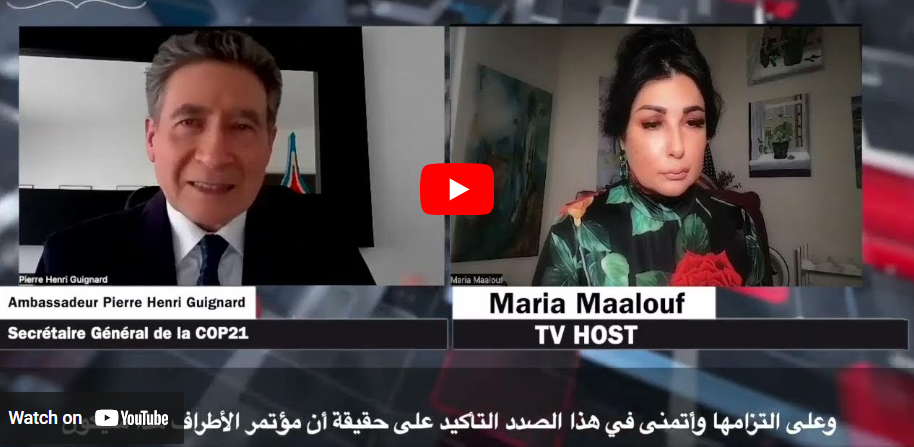
Explore the insights of former French ambassador Pierre Henri Guignard as he shares his perspective on climate action and his role in the MENA 20-50 Climate Action Committee. In this interview conducted by Maria Maalouf, delve into the significance of the COP 21 conference and the Paris Agreement in the global fight against climate change. Guignard underscores the urgency of implementation and adaptation measures, highlighting the vital role of cooperation and the region’s vulnerability to extreme weather events in the Middle East and North Africa (MENA). He also discusses the collaborative efforts between the United States and China on climate issues, the United Arab Emirates’ hosting of COP 28, and the impactful initiatives such as Masdar in Abu Dhabi.
Raphael Luzon on Recent Libya Scandal
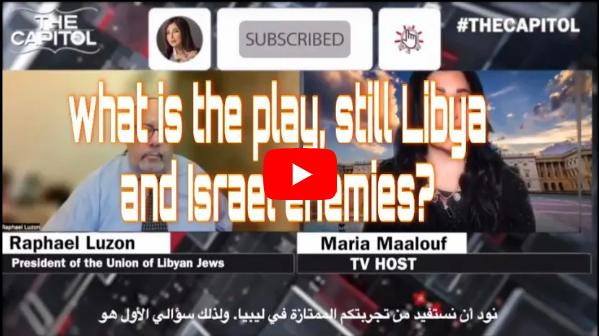
In this interview conducted by Maria Maalouf, Raphael Luzon, Chairman of the Union of Libyan Jews and one of the Directors of MENA 2050, provides insights into the current situation in Libya and addresses various key points. The interview covers topics such as the ongoing division in Libya and potential solutions, the influence of the Wagner Group, Egypt’s impact on Libya, Libya’s energy resources, the impact of Sudan’s situation on Libya, Turkey’s role in Libya, recent meetings between Israeli and Libyan foreign affairs ministers, the humanitarian role of the United Arab Emirates in Libya, the status of Libyan elections, and Luzon’s role within MENA 2050 and its objectives.
The lynchpin of a sustainable MENA Geopolitical structure:
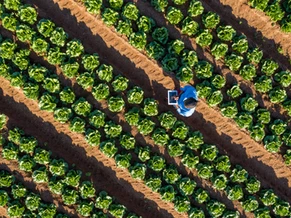
Tackling food and water insecurity at the microcosm
The Middle East and North Africa (MENA) region finds itself at a critical juncture, grappling with food insecurity, water scarcity, and the impacts of climate change. The region’s struggles are most acute at the microcosm level – the individual farmers and herders who form an important sector of society.
1. On this front of the battle against climate change lies an opportunity for regional stakeholders to consider that more efforts directed at this sector shall serve not only as ideal ground where the latest Agritech and hydrotech solutions are further deployed, refined, and spread across the region, but also as a kind of incubator for an entrepreneurial ecosystem where ideas experiments and modules of regional collaboration can be nurtured and developed.
Standing in Solidarity: Supporting Morocco in the Aftermath of the Earthquake
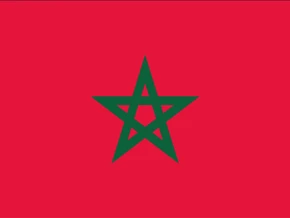
Our thoughts and prayers are with Morocco after the tragic earthquake. We stand firmly with the affected…
The ambitious vision of a transcontinental corridor:
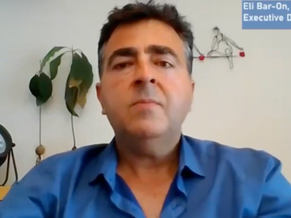
Connecting India to Europe through the Middle East.
In his recent video, Eli Bar-On, the Executive Director of MENA2050, discussed the remarkable announcement at the G20 summit regarding a mega infrastructure project that will stretch from India through the Middle East to Europe. This news is undoubtedly great for our region and promises a future filled with opportunities and progress. This project, combining railways, shipping routes, energy pipelines, and data cables, holds the potential for a promising future for our region.
Unveiling the Future: MENA2050 Climate Action Committee’s Inaugural Newsletter
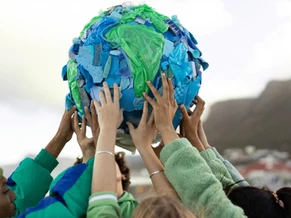
Dear Members and Supporters of the MENA2050 Climate Action Committee, I am delighted to announce that the…
Expecting a responsible and sustainable COP 28

The world is currently meeting in New York on the occasion of the 78th United Nations General Assembly. Tomorrow, we will gather in Dubai for the COP28 on Global Warming.
In the post-COVID era—assuming the current viral wave doesn’t bring back the need for lockdowns—we have re-discovered the importance of meeting in person and the benefits of going beyond virtual dialogue. Hopefully, it will allow us to advance toward the much needed solutions our scorched planet calls for: we need to find common ground in order to produce differently, to consume differently, and to live differently. And this is my point: as the Secretary general of COP21, in Paris in 2015, with the COP President Laurent Fabius’s support and in full agreement with the UNFCCC’s team, I took great care to organize our conference in the most sustainable and responsible manner possible. Certified ISO 20121, the conference was neutral in carbon, the materials used to build the temporary village where tens of thousands of delegates met daily—including a gathering on one day under one roof of 160+ heads of state and government—were recycled or reused, and we successfully offered only locally produced and seasonal food, achieving a zero-waste balanced meeting: each night, the food not consumed was distributed to families in the area.
Climate Action Committee Statement on COP28 Achievements
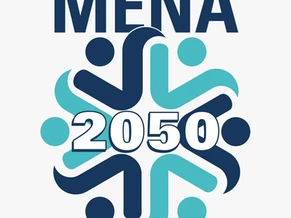
Through its Climate Action Committee (CAC), MENA2050 commends the work of the COP28 and salutes its unprecedented call to a transition away from fossil fuels. MENA2050 calls on the international community to build further on the achievement by the UAE presidency.
After Morocco, which gave birth to the Marrakech partnership in 2016, Egypt with the decision to create the loss and damage mechanism in 2022, the UAE has demonstrated the engagement of the region in adaption and mitigating climate change; the declaration for sustainable agriculture signed by over 150 countries is another example.
MENA2050’s Vision for Agrifood Systems Transformation in the Wake of COP28 Dubai: Navigating Food Security Challenges in the MENA Region

Reviewing COP28’s Agrifood Systems commitments and Initiatives While Harnessing Opportunities for the MENA Region
The global food systems, covering our dietary choices, food preparation, production, distribution, and the handling of waste (including occasional wastage), contributes to approximately one-third of the world’s greenhouse gas emissions. Surprisingly, for the majority of the last three decades, the conclusive agreements emerging from the annual UN climate summits overlooked the significant impact of food systems on climate change. Notably, sustainable food systems transformation currently receives only 4.8% of climate funding, with a mere 2% allocated to sustainable agriculture.
Only Regional Cooperation Can Resolve the Israeli-Palestinian Conflict

The future of the Middle East depends not only on the integrity of borders but also on our ability to take a leap of faith and forge a shared regional vision.
The intense fighting in Gaza following the October 7 attack by Hamas is still ongoing. More than 130 Israeli hostages are still being held by Hamas, and the heavy toll on the people of Gaza is growing. Meanwhile, elsewhere in the region, from Yemen to Lebanon to Iraq, tensions are rising and increasing the prospects for the conflict to spill over. In this climate, it might seem premature, but planning for the post-conflict period must begin now.
